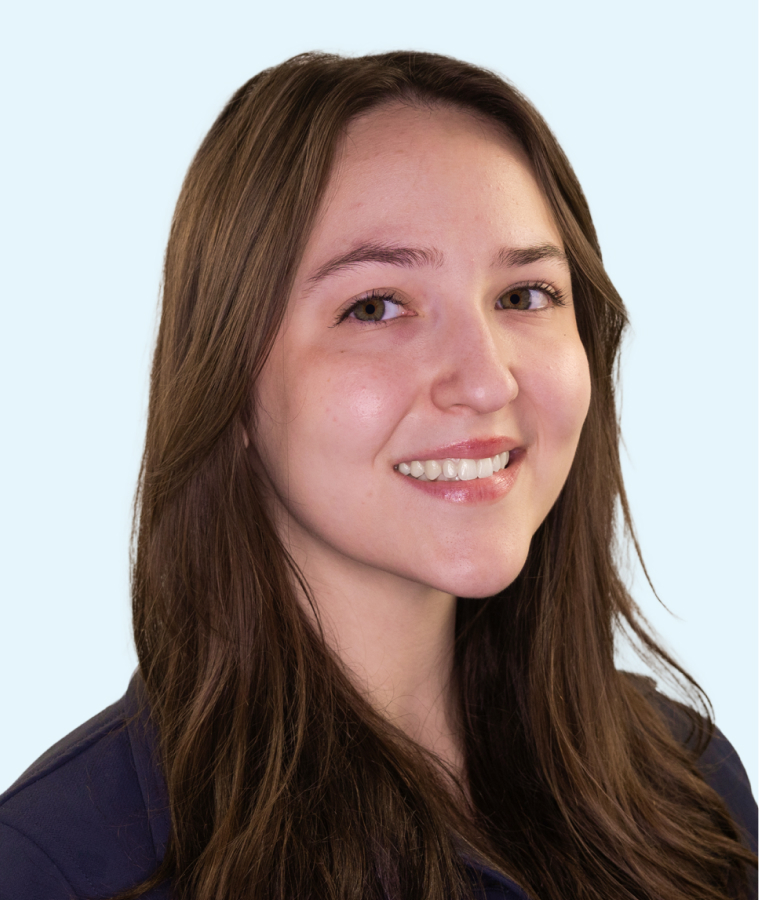The Dallas-Fort Worth metroplex is one of the fastest growing areas in the nation. Home to 24 Fortune 500 companies and over 62,000 businesses, the DFW on average has added more than 100,000 new jobs per year since 2013, according to the Dallas Regional Chamber (DRC).
While industries such as technology, financial services and manufacturing thrive throughout the area, the metro’s efforts to bolster its biotechnology sector are paying off in a major way.
In February 2023, the DRC announced a new economic development campaign to recruit more life sciences and biotech companies to Dallas-Fort Worth. In addition to releasing a multimedia marketing campaign, the DRC created a research and data-driven website, Life Science Converging in DFW, outlining the area’s real estate, talent, costs and incentives and other enticing attributes.
“This is a moment in time of true industry convergence, right now and right in our backyard,” said Dale Petroskey, president and CEO of the DRC. “From our highly skilled workforce and industrial infrastructure to our central location and low cost of doing business, our region today has become a hub for these industries of tomorrow, and that’s very exciting.”
Reaping the Rewards
Only seven months after the campaign launched, the Advanced Research Projects Agency for Health (ARPA-H), a new agency within the U.S. Department of Health and Human Services (HHS), selected Dallas as one of three regional hubs to lead a nationwide health innovation network.
In collaboration with the hubs in Cambridge, Massachusetts, and Washington, D.C., the Dallas location will work to develop “game-changing breakthroughs” in the prevention, detection and treatment of cancer, Alzheimer’s, diabetes and other diseases. Dallas has been designated the Customer Experience Hub and will take a proactive approach in diversifying clinical trials and connecting with representative patient populations.
“ARPA-H has an enormous opportunity and responsibility to improve the well-being of all Americans,” said ARPA-H Director Renee Wegrzyn, Ph.D. in a statement. “Through this nationwide hub-and-spoke network, ARPANET-H will enable ARPA-H to create breakthrough capabilities and achieve health outcomes for everyone that are accessible, tangible, and measurably better. Regardless of location, ARPA-H funding will support the best and brightest ideas across the country, with opportunities for universities, companies, and non-traditional performers.”
Located at Pegasus Park, a 23-acre life sciences campus, and in close proximity to the UT Medical District, the Dallas hub is surrounded by a growing list of potential partners and resources.
In February, Children’s Health and UT Southwestern Medical Center unveiled plans for a new $5 billion pediatric health campus. The 2 million sq.ft. campus will provide pediatric services as well as support academic research, training and the development of lifesaving technologies.
“This news confirms what the Dallas Regional Chamber has known and worked toward for some time now: The Dallas Region is becoming a powerhouse for life sciences and biotechnology innovation,” said Petroskey in a press release. “Bringing this hub to Pegasus Park takes this to the next level and will bring many more job opportunities to the Dallas Region. The Dallas Regional Chamber is very excited about this win, and we will do everything possible to support the success of this great opportunity.”

